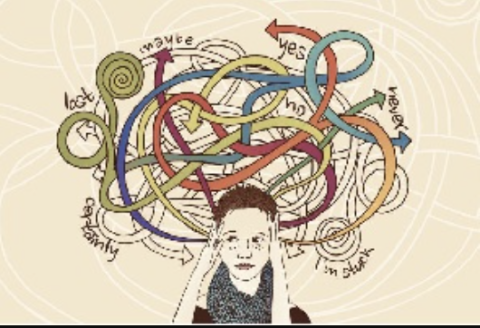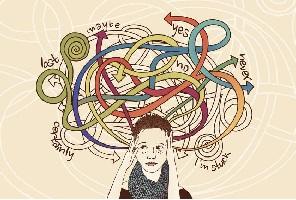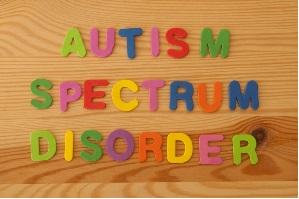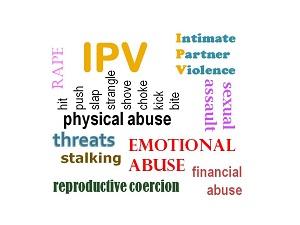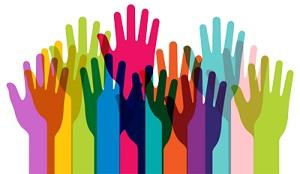ADAA Mental Health Blogs for the Public
Worryland: Familiar Territory for Women with Narcissistic Parents: Caroline’s diamond solitaire glitters on her clenched left hand. She’s engaged to Ryan, a man she truly loves. However, Caroline’s happiness comes with a warning: her mother, Trudy. Already Trudy has told Caroline that if she invites her future mother-in-law to go wedding dress shopping with them, then Trudy is not coming. She’s the mother, and it’s her day. Worry keeps Caroline awake at night. Maybe she and Ryan should just elope.
Unwanted intrusive thoughts are stuck thoughts that cause great distress. They seem to come from out of nowhere, arrive with a whoosh, and cause a great deal of anxiety. The content of unwanted intrusive thoughts often focuses on sexual or violent or socially unacceptable images. People who experience unwanted intrusive thoughts are afraid that they might commit the acts they picture in their mind. They also fear that the thoughts mean something terrible about them.
Anxiety disorders are the most common mental health disorder in the United States. Data show that for Black women, anxiety is more chronic and the symptoms more intense than their White counterparts. This description, however, only tells half the story. What it does not tell us is how anxiety is perceived and experienced daily by Black women.
The Autism and Obsessive Compulsive Spectrum Program and the Anxiety and Depression Program at the Albert Einstein College of Medicine and Montefiore Medical Center :
https://www.einstein.yu.edu/departments/psychiatry-behavioral-sciences/autism-program/
Spectrum Neuroscience and Treatment Institute:
http://www.spectrumneuroscience.com/
Intimate partner violence (IPV) takes place in all settings, in all socioeconomic, religious, ethnic, and cultural groups. The overwhelming global burden of IPV is endured by women, and the most common perpetrators of violence against women are male intimate partners or ex-partners. However, women who are experiencing IPV often do not see themselves as abused.
People who identify as sexual (i.e., lesbian, gay, bisexual, queer) or gender (i.e., transgender, genderqueer, non-binary) minorities have similar symptoms of anxiety and depression as heterosexual and cisgender (non-transgender) individuals. Although the symptom presentation may be similar, sexual and gender minority individuals generally experience additional identity-based stressors that can contribute to the development of anxiety and depression, and that are relevant to their treatment.

